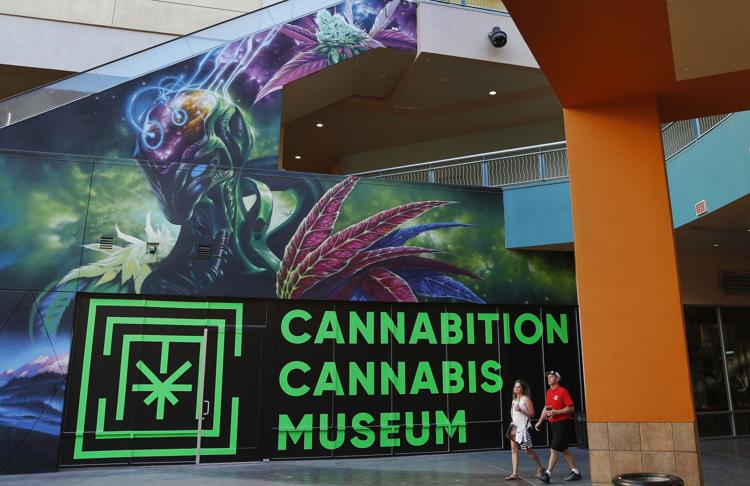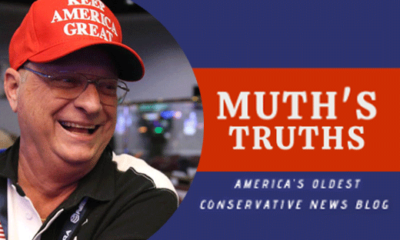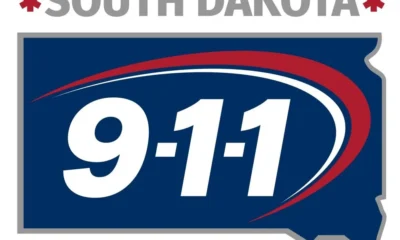
(Kimberly James) – Legal cannabis sales have taken a downturn during the pandemic and industry leaders are in a tough spot as there’s no guarantee that they will receive any federal assistance should sales continue to plummet.
Nancy Brune, executive director of the Guinn Center, told The Center Square that one of the cannabis industry’s challenges before the pandemic was the inability to access traditional financial institutions. Brune said those challenges have intensified as cannabis businesses have been excluded from the federal assistance programs, including the Paycheck Protection Program.
“We are only delivery now, so that’s been challenging because we work on the metric system, a software system, that helps state regulators track what’s sold to whom and when,” Tisha Black, president of the board of the Nevada Dispensary Association, told The Center Square. “Trying to convert from in-store sales to primary delivery sales, we had to get our metric system to go mobile with us. I will say the state did an exceptional job of getting our drivers and our vehicles inspected and ready for delivery.”
Black says another challenge that has arisen since the stay-at-home order has been in effect comes from the Indian reservations. They are allowed to operate by drive-thru services and are not affected by the governor’s order. While mainstream business is down between 50 and 60 percent, the Indian reservations have lines a half-mile long and are doing about $300,000 per day in business.
As sales continue to fall, dispensary owners are concerned about whether they will be able to take advantage of federal stimulus packages for other mainstream businesses.
“Marijuana, like gambling, is still marginalized,” Black said. “There are many states that don’t approve of it. We’re still stepchildren in a way. It’s kind of like a sin penalty. Other jurisdictions that haven’t come along still view us as a nefarious marketplace, not worthy of helping because it deals in morality.”
Under state law, cannabis businesses are legal and regulated, but because federal law still prohibits the use and sale of marijuana, financing and banking are complicated in the industry. They will likely not receive any federal assistance.
Brune reports that last year, the cannabis industry brought in $100 million in tax revenue for the state. As far as contributing to Nevada’s economy, Black says cannabis is on par with gaming or mining.
“One of the saving graces is medicinal marijuana has been treated quite fairly in the sense that most states have let cannabis proprietors remain open as an essential business because they provide medicine to people. That’s very helpful to our industry,” Black said.
Brune says 80 percent of medical and recreational marijuana purchases in Nevada are made by visitors, and the pace of reopening may determine how long it takes for business to return to normal.
By
Kimberly James / The Center Square





Facebook
Twitter
Pinterest
RSS